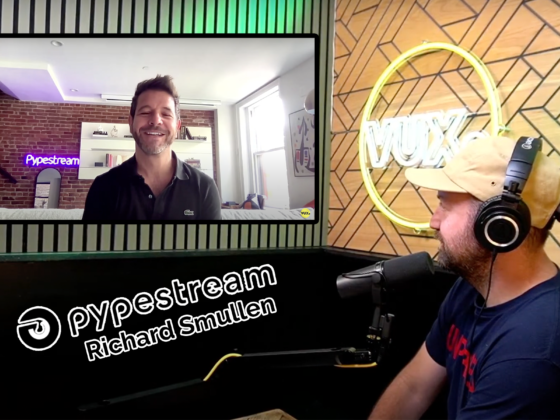With the launch of ChatGPT, OpenAI hasn’t just managed to make a big splash in the AI community. It’s managed to break out of that community and hit almost every other community on the planet. Marketers, creators, insurers, accountants, everyone has heard of it. It’s even got itself into a position where people are talking about how it could disrupt Google: one of the world’s original disrupters.
But there are some fundamental differences that aren’t like-for-like comparable between the two, which leads me to believe at this stage, that it’s not as simple as some might think. So can we compare the two like-for-like?
Here are three areas in particular that these two companies differ from a core business perspective.
1. Google HAS to be absolutely confident about accuracy.
It’s built its whole legacy on helping people accurately find what they need. This leads to trust and reliability, enough for the brand to become a verb.
With ChatGPT and OpenAI in general, there’s an understanding that it’s a startup. Hallucinations are more tolerated, as it’s an open work in progress. This means that OpenAI can get away with more.
It also means that OpenAI can train, retrain and improve its models based on millions and millions of real end user interactions. Although Google has its own LLMs (LaMDA, MUM and PaLM in particular), these are mostly still in Alpha phases at best and aren’t being exposed to the number of end user interactions as OpenAI’s services.
2. Google has a stable (for now) business model
This means, as disruptive as the company might try to be, a lot of Google’s culture will understandably want to keep the status quo, so it’s revenue will continue to come from ads. Although end users will pay for an ad-free YouTube (in some cases), I don’t think they could shift from B2B to B2C for its revenue quickly. Would you pay to use Google search? I don’t think so.
OpenAI, on the other hand, can have a B2C business model from the start. It’s free to experiment and isn’t shackled by decades of culture that’s motivated to keep things as they are. This is also what sets it apart from Amazon’s Alexa division. It’s so good that I think people would pay to use it.
Obviously OpenAI will also pursue B2B models, as it’s relationship am with Microsoft has proven, but the flexibility it has from the off is entirely different to Google.
3. Google’s use cases are different.
There’s overlap, sure, but they are different. With Google, people are searching for a wide variety of things that require different types of results. If I’m searching for a tent to go camping, a generative AI model is of no use to me. I want to find, review, see and compare tents from a wide variety of sources.
With ChatGPT, people use it more for generating content and information (for now). Write me a poem, draft me a contract, explain gravity.
Of course, it’ll become more task-based in future if and when WebGPT advances. Book me a flight, find me a hotel, schedule me a meeting. If anything, it’ll rival Google Assistant first in that regard.
Even though, there’s an element of searching involved with ChatGPT, searching isn’t actually what it’s doing. It’s generating. Creating.
Now, could it be applied to search specifically? Of course. YouChat is already proving that LLMs can be used for that. Google itself IS already a huge language model of sorts.
But directly comparing Google search and ChatGPT is missing the point. They’re different.
Open AI vs Google, who wins?
I wouldn’t hedge a bet and claim whether there’ll be a winner or a loser at this point. The reality is that it’s probably more likely that the two will coexist and both do very well from its AI services. It’s not a winner takes all situation. Google search will continue, but perhaps lose market share as Open AI advances.
In 2018, these headlines were all about Amazon Alexa and Google Assistant. Who’ll win? Who’s got the better tech? Who’s releasing what? Who’s in front and behind? What’s interesting today, is how a completely new company, in a short space of time, can get itself into a position where the headlines are pitting it against one of the biggest, most established and successful companies on the planet.
That’s the power of AI, and you’ve seen nothing, yet.




